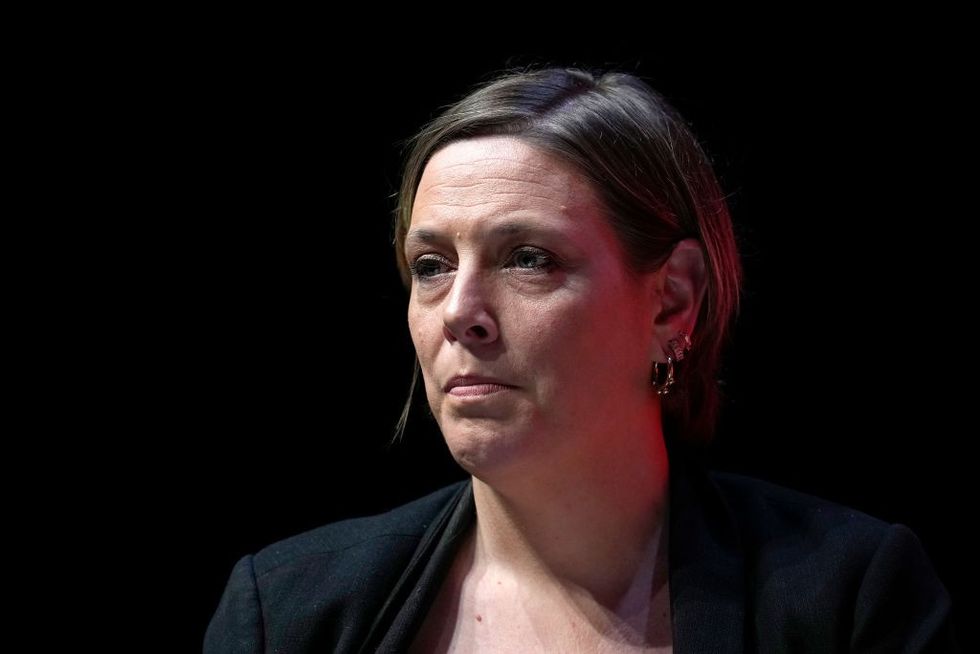A Pakistani court has sentenced more than 80 Islamists to 55 years in prison each after protests linked to the 2018 acquittal of Asia Bibi, a Christian woman accused of blasphemy, one of their senior leaders told AFP.
The sentence -- an unusually harsh one in Pakistan, where blasphemy is an extremely sensitive issue -- was announced by a lower court in the garrison town of Rawalpindi on Thursday, said Pir Ejaz Ashrafi, a senior leader of the Tehreek-e-Labaik Pakistan (TLP).
The Islamists were members of the radical TLP, an anti-blasphemy party which had spearheaded violent protests across Pakistan in the wake of Bibi's acquittal in late 2018.
At the time Pakistan took its leader, Khadim Hussain Rizvi, into custody as part of a broad effort to quell the unrest.
Ashrafi said 86 members of the TLP were convicted after a trial which lasted for more than a year but he argued that the protests had been against Rizvi's arrest, not Bibi's acquittal.
"This is murder of justice and the sentences given are quite ruthless and harsh," he told AFP.
Ashrafi said the party would challenge the verdict in the Lahore High Court.
Blasphemy is an incendiary charge in Muslim-majority Pakistan, where even the whiff of an unsubstantiated allegation of insulting Islam can spark death at the hands of mobs.
TLP -- or the Movement at the Service of the Prophet -- has in recent years become one of the most powerful groups in Pakistan weaponising the ultra-sensitive issue, including at the ballot box.
Rizvi had demanded the execution of Asia Bibi, a labourer from central Punjab province and minority Christian who had been convicted of blasphemy in 2010 and sent to death row, but was dramatically acquitted on appeal in 2018.
Bibi now lives in Canada with her family.
Another TLP spokesman, who confirmed the convictions to AFP but was unsure of the numbers, said the government was trying to subdue the party.
"But they can never succeed as we are not standing for Khadim Rizvi or any organisation, but for a pure Islam," he said.



















 Jess Phillips MP (Photo by Christopher Furlong/Getty Images)
Jess Phillips MP (Photo by Christopher Furlong/Getty Images)
From desks to dreams: A journey of girls’ empowerment